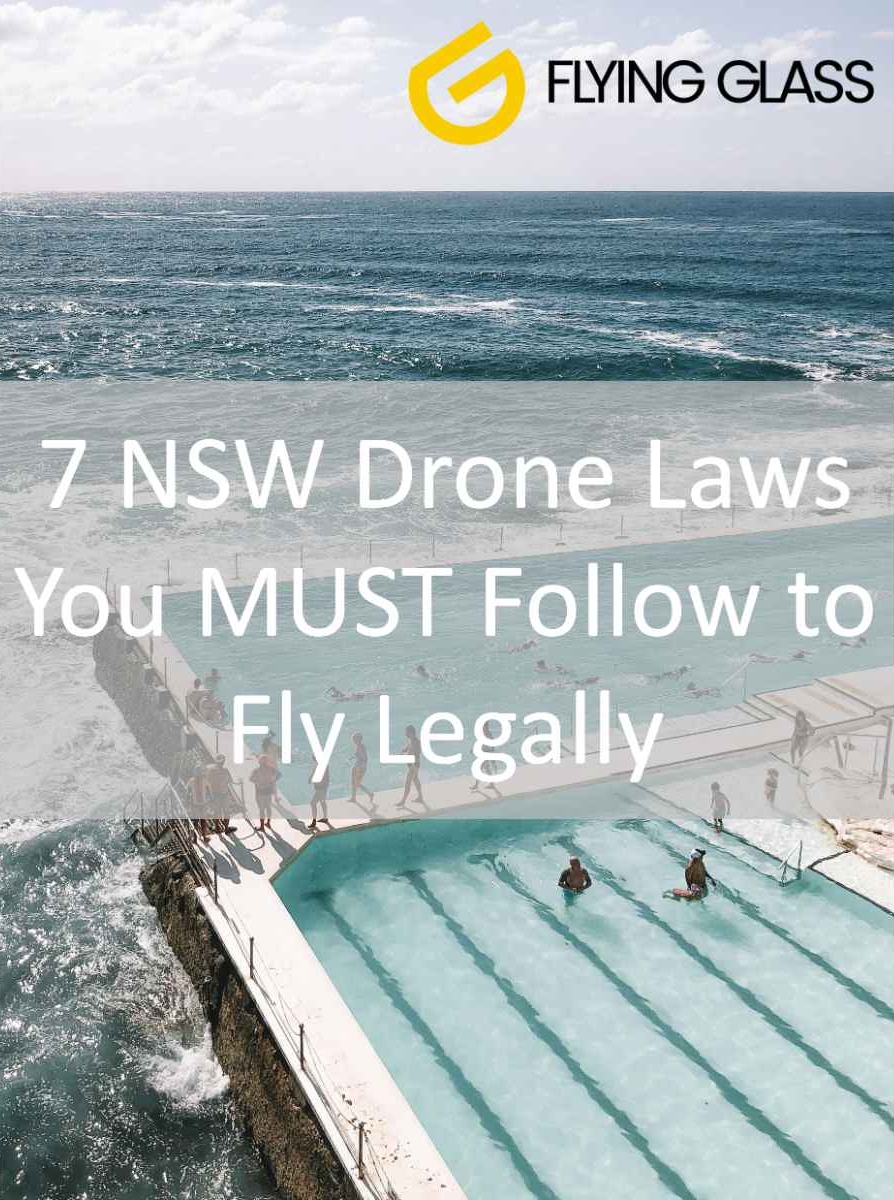7 NSW Drone Laws You MUST Follow to Fly Legally in Sydney
Flying a drone in New South Wales (NSW) can be an exciting experience, whether you’re capturing the stunning coastlines, the lush national parks, or the iconic Sydney Harbour. However, to ensure that your flights are safe and legal, you must adhere to specific drone laws that apply within the state. In this guide, we’ll break down the top 7 NSW drone laws you must follow to avoid hefty fines and ensure a smooth flying experience.

1. Obtain a Permit for Flying in NSW National Parks
NSW is home to some of Australia’s most beautiful national parks, but drone enthusiasts should be aware that flying in these areas often requires a permit. The NSW National Parks and Wildlife Service (NPWS) regulates drone use to protect wildlife and the natural environment. Before you take off, you must apply for a permit if you intend to fly in any national park. Failure to obtain the necessary permit can result in fines and the confiscation of your drone.
To apply for a permit, visit the NSW NPWS website and submit your application well in advance of your planned flight.
2. No-Fly Zones Around Sydney Harbour
Sydney Harbour is one of the most iconic locations in Australia, but it’s also one of the most heavily regulated areas when it comes to drone use. Due to the high volume of air traffic and the presence of sensitive sites such as the Sydney Opera House and the Harbour Bridge, strict no-fly zones are in place. CASA has designated Sydney Harbour as a restricted airspace, meaning that flying a drone here without specific authorization is illegal. If you need Sydney Harbour footage your best bet is getting a professional in. We’ve got all the required approvals and detailed understanding of the NSW drone laws to deliver the footage you require.
Drone operators should use safety apps like OpenSky to check for no-fly zones and ensure they are operating within legal boundaries. Unauthorised flights in these areas can lead to significant penalties.
3. Maintain Visual Line-of-Sight at All Times
Just like in the rest of Australia, NSW drone operators must keep their drones within visual line-of-sight (VLOS) at all times. This means you must be able to see your drone with your own eyes, without the aid of devices such as FPV goggles or binoculars. This rule is crucial for maintaining control over your drone and avoiding accidents, particularly in densely populated areas like Sydney.
If you lose sight of your drone, immediately return it to your visual line-of-sight to avoid any potential breaches of the NSW drone laws.
4. Adhere to Altitude Restrictions
Drone rules NSW, as in the rest of Australia, state that drones must not be flown higher than 120 metres (400 feet) above ground level. This restriction is in place to prevent interference with other aircraft, such as planes and helicopters, which frequently operate in the same airspace. Sticking to this altitude limit is not only a legal requirement but also a critical safety measure.
For example, Sydney’s airspace is busy and complex, making it essential to observe altitude limits to avoid conflicts with commercial and recreational aircraft.
5. Respect Privacy and Avoid Flying Over People
NSW has stringent rules regarding privacy and the safety of individuals. Drone operators must not fly their drones over people or within 30 metres of individuals who are not involved in the drone’s operation. This rule is particularly important in crowded areas such as beaches, parks, and events, where the risk of injury or privacy breaches is higher.
Respecting these boundaries helps maintain public safety and ensures that your drone activities do not infringe on others’ rights.
6. Obtain Authorisation for Commercial Drone Use
If you’re using your drone for commercial purposes in NSW, additional regulations apply. You must obtain a Remote Pilot Licence (RePL) and register your drone with CASA. Furthermore, you’ll need an Operator’s Certificate (OC) if you’re flying outside the standard operating conditions.
Flying Glass offers consultancy services to help you navigate these requirements, ensuring that your commercial drone operations in NSW are fully compliant with NSW drone laws.
7. Stay Clear of Emergency Operations
Drones must not be flown near emergency operations, such as firefighting efforts, police activities, or search and rescue missions. NSW experiences frequent bushfires, and during these events, drones can pose serious risks to emergency services. CASA has strict rules in place to ensure that drones do not interfere with these critical operations.
If you’re flying your drone in an area where emergency operations are underway, you must immediately land your drone and vacate the area.
Flying Glass: Ensuring Compliance with NSW Drone Laws
Navigating NSW drone laws can be challenging, especially with the state’s unique regulations and frequent updates. Flying Glass is here to assist you in staying compliant, offering services that range from permit applications to comprehensive training programs.
Consultancy Services for NSW Drone Operators
Flying Glass provides tailored consultancy services for drone operators in NSW, helping you understand and comply with local regulations. Whether you need assistance with permit applications for national parks or understanding the restrictions in Sydney Harbour, our experts are here to guide you.
CASA-Certified Training Programs
Our CASA-certified training programs are designed to equip you with the skills and knowledge required to operate drones legally in NSW. We cover everything from basic drone operation to advanced commercial applications, ensuring that you are fully compliant with all state and national regulations.
Conclusion: Fly Responsibly in NSW
Flying a drone in NSW offers incredible opportunities, but it comes with responsibilities. By following these 7 essential NSW drone laws, you can enjoy your drone experience while staying on the right side of the law. Whether you’re flying for fun or for work, adhering to these rules ensures safety for yourself, others, and the environment.
If you need further guidance or want to ensure that your drone operations are fully compliant, contact Flying Glass today. We’re here to help you navigate the complexities of NSW drone regulations and fly with confidence.
